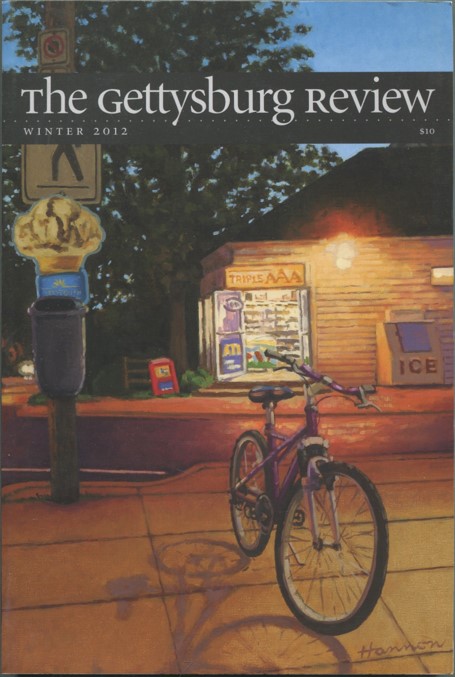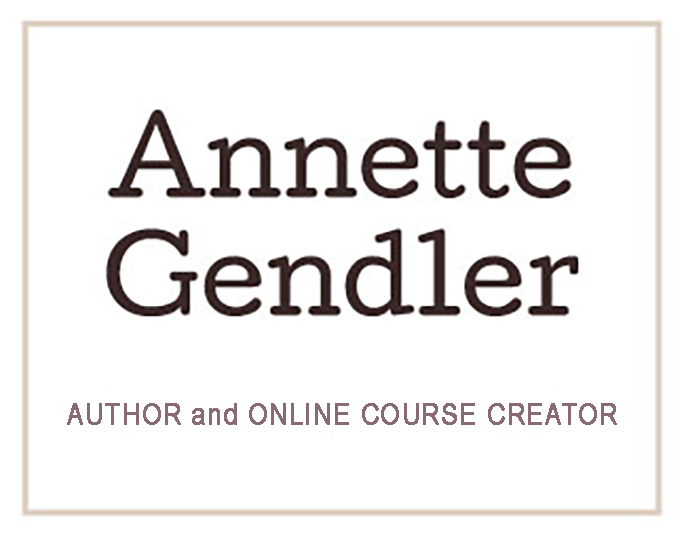 Since I’m always waxing about how to get the submissions process done right, I thought I’d share, for a change, the story of my own worst mishap.
Since I’m always waxing about how to get the submissions process done right, I thought I’d share, for a change, the story of my own worst mishap.
In February of 2010, I received that email that ordinarily would make my heart sing:
The Gettysburg Review, one of the best literary magazines in this country, had finally accepted an essay of mine.
Only in this instance it made my heart sink because that very piece had just been published in another magazine.
Had I not withdrawn it?
I knew I’d spent a frantic evening in December sending emails to the magazines to which I had also submitted that essay. I had even written two actual letters to withdraw it from magazines that did not list a contact email on their website.
However, I could not find an email to the Gettysburg Review. Had I sent them a letter? I couldn’t find a file for that either. I looked through my submissions log, an Excel spreadsheet where I list where I’ve sent what, and what response I received. Sure enough, I had withdrawn it from three other magazines. Then I filtered the spreadsheet for the Gettysburg Review and found my error: The piece was titled “The White World” but I had entered it two different ways in my spreadsheet: with the article, and without. I had filtered it for “The White World” to withdraw the manuscript, but not for “White World” and had thus overlooked the Gettysburg Review.
What made this all worse is that I personally know the editors at the Gettysburg Review.
I had met the Gettysburg Review’s managing editor, Kim Dana Kupperman at the VCCA. And the editor, Peter Stitt, was my workshop leader in my first semester at the MFA Program at Queens University of Charlotte. Can it get any more embarrassing?
I’d committed the ultimate sin in literary publishing, the one that probably gets you blacklisted more than anything else, and I’d committed it towards people I knew.
What to do? First I kicked myself and ran about the house pounding my fists into my thighs. After that, there was nothing else to do but fall on my sword and write a personal mea culpa to both Kim and Peter. I did not hear back, and I did not submit to the Gettysburg Review again for more than a year, and I still haven’t heard anything. I did, however, run into Kim at a conference last fall. She did give me a hug, so maybe, just maybe, they are too busy to be mad at me anymore.
I learned the hard way that even the best intentions can go wrong, and the best spreadsheet and system can fail you.
Little errors creep in. Yes, I was tired and overworked that day in December when I withdrew that manuscript. Still, it shouldn’t have happened.
I also learned that I have absolutely no way of predicting what piece an editor might accept.
I did not consider this piece one of my stronger ones, and had only sent it to more high profile magazines once I’d gotten some “ink.”
When I complained about all this to my writing group, one friend kindly said: Well, at least now you know you can get into the Gettysburg Review. Well yes, I guess, but I wish I actually had.

Just send it to better magazines first 🙂 and go down the list. I wouldn't even bother to send work to online magazines with the exception of poems or short pieces that are not really worth sending to print mags. Yes, there are some good online mags. But why waste your good writing – or something that might be good – on a magazine that isn't totally awesome?
Oh my!! What a story- I could so see myself doing something similar. I'm glad you shared this tale, because it helps me to remember to double check and triple check!
As I start to think about submitting, I'm so certain I'll make a huge mistake like this. Submission is scary.
If nothing else, sbumission horror stories make us aware of what we will never, ever do again. I've got one, too, and I bet nearly every writer does. Makes you think that simultaneous submissions can be a problem. Should we make simultaneous submissions or not? There are valid arguments on both sides of that question. Good debate topic for a conference. 🙂
Congrats and thanks for taking an embarrassing, difficult moment and sharing the learning with all of us! Takes a sturdy ego — as well as the ingestion of a little humble pie.
@Julie – submission is NOT scary. The idea of the "blacklist" in literary magazine publishing is something of a myth – there are just TOO MANY submissions to really remember who was annoying and who wasn't. In Annette's case, well, that stinks, because she knew them personally. But in most cases, it's so hard to keep on top of the mounting pile of submissions that it's just easier to say yes or no. And if the answer is no, it's probably because it's not really a good fit anyway – not because you've broken some unspoken rule. With contests, though, I'd definitely read the guidelines closely.
Emily M, Anjuli, Julie, Nancy, Shirley – thanks for commenting. Emily's insight is great: We have to keep in mind that at the other end there are only humans with a lot of work, and yes, my story would not have been so bad if I had't known them personally.